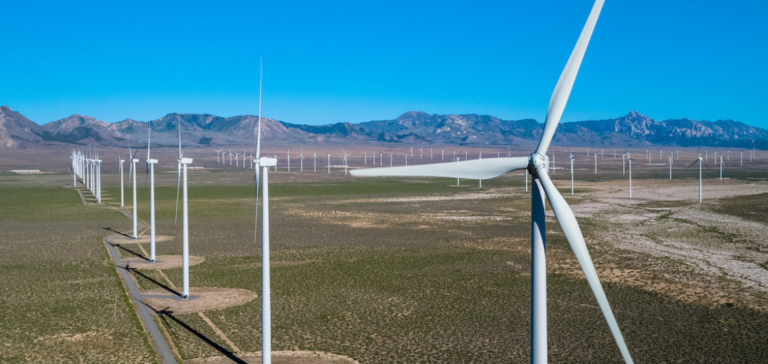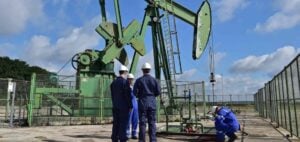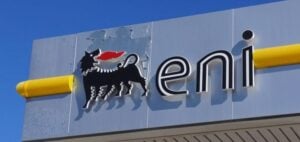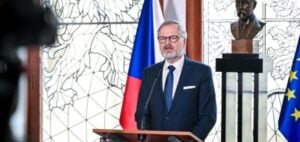Longroad Energy Holdings, LLC, recently reached an important milestone with the closing of a $600 million debt financing. Indeed, this financial initiative is part of a wider strategy to accelerate the growth of its wind, solar and battery storage portfolio. In addition, credit consists of a $275 million term loan, a $175 million revolving credit facility and a $150 million letter of credit facility.
Investment and Strategic Orientation
This financing follows a $500 million equity investment in August 2022 by Infratil, the New Zealand Pension Fund and MEAG. However, this earlier step had already marked a significant strategic shift for Longroad, favoring project ownership over project sales. However, Paul Gaynor, CEO of Longroad, emphasizes the importance of this additional capital, which will propel the expansion of their operational fleet to over 9GW by 2027 and support their impressive 30GW queue of projects under development.
Investor confidence and support
The renewed confidence of investors and banking partners in Longroad’s platform and execution is clearly evident in this financing. In addition, the syndicated loan was led by Apterra infrastructure capital, an Apollo platform company, with Barclays and HSBC as joint lead arrangers.
Overview of Longroad Energy Holdings
Founded in 2016, Longroad Energy Holdings, LLC focuses on renewable energy project development, operational asset management and services. Indeed, with the development or acquisition of 4.9GW of renewable energy projects in the United States and over $12.8 billion raised in equity, debt and tax equity, Longroad has firmly established its market position. The company currently owns over 3.1GW of wind, solar and storage projects and manages a total of 5.0GW on behalf of Longroad and third parties.
Longroad’s commitment to renewable energy, backed by strategic investments and strong partnerships, is shaping a more sustainable energy future.





















